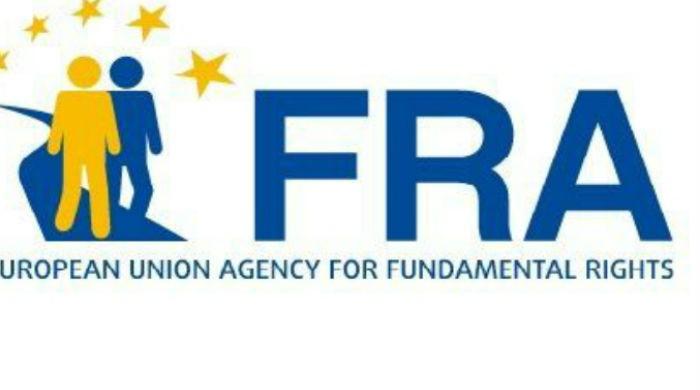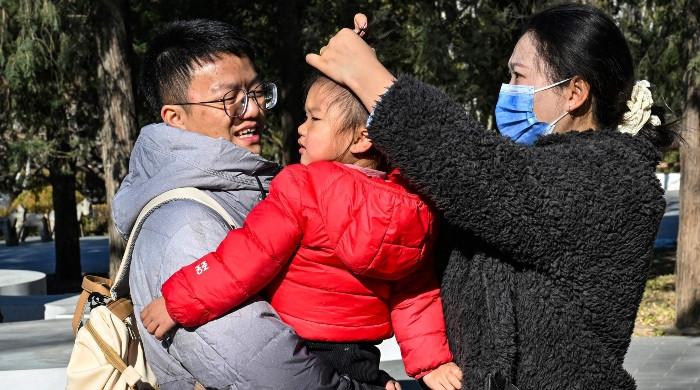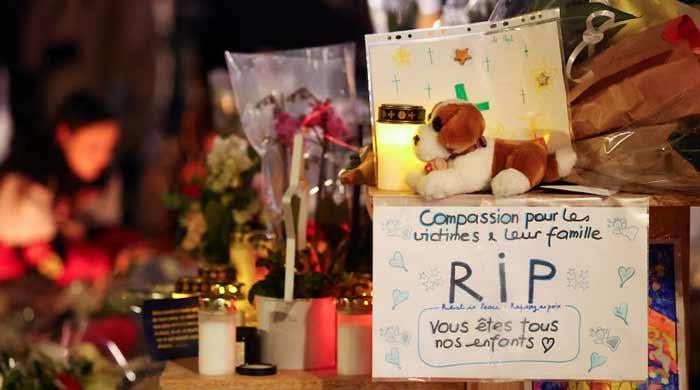Migrant torture and trauma victims overlooked by member states: EU report
The report examines how victims are being handled by national authorities to highlight how to best offer them the protection they are entitled to
February 24, 2017

Many European Union member states have failed the migrant victims of torture and trauma by not having systems in place to recognise the ordeals they have suffered, and support them on arrival. Such trauma if left untreated can scar them and their families for life, and may lead to suicide.
These are some of the findings from the latest summary report of the EU Agency for Fundamental Rights (FRA) on migration-related fundamental rights concerns in select EU member states. It examines how victims are being handled by national authorities to highlight how to best offer them the protection they are entitled to.
Many migrants and asylum seekers have fled or experienced extreme suffering in their home countries or en route to Europe. This includes physical and psychological violence, torture, inhuman or degrading treatment. Lengthy bureaucracy, uncertainty about the outcome of asylum proceedings and poor reception conditions can compound their suffering. In Denmark alone, there were 120 suicide attempts and incidents of suicidal behaviour among asylum seekers in 2016, of which 29 were by children.
Despite international and EU laws guarding against such treatment offering support to victims, many member states are falling short of their duties, the report shows. Some of the report’s main findings include:
1. The true extent of suffering is hard to gauge as only limited data on the victims of torture and trauma and on suicide attempts is collected in the 13 member states studied. Only Greece regularly collects information on torture victims.
2. Recurrent violence or the excessive use of force by state officials or those working on their behalf was not found although there were cases of individual and localised incidents. However, serious incidents are more frequent along EU external border zones.
3. Identifying victims is problematic given the lack of formal screening procedures. Instead countries heavily rely on the expertise and knowledge of individual staff, although tools are increasingly being developed to facilitate identification by non-experts.
4. Access to support is limited by the number of specialised medical staff who can provide psychological or psychiatric help. The lack of staff often leads to long waiting periods; for example, in Germany around 5,600 asylum seekers waited over a year to receive treatment. It is also a challenge starting therapy when asylum applicants are homeless or live in reception facilities that are not adequate to sustain the therapy.
5. Despite training, monitoring bodies and complaints mechanisms in all member states, their effectiveness in preventing ill-treatment varies from country to country.
Despite the lack of attention to torture and trauma victims, the report also identifies promising practices that other member states could adopt to identify and support victims.
The European Commission asked the Agency for Fundamental Rights to collect data about the fundamental rights situation of people arriving in member states, particularly affected by large migration movements. The reports cover 14 member states: Austria, Bulgaria, Denmark, Finland, France, Germany, Greece, Hungary, Italy, the Netherlands, Poland, Slovakia, Spain and Sweden.









